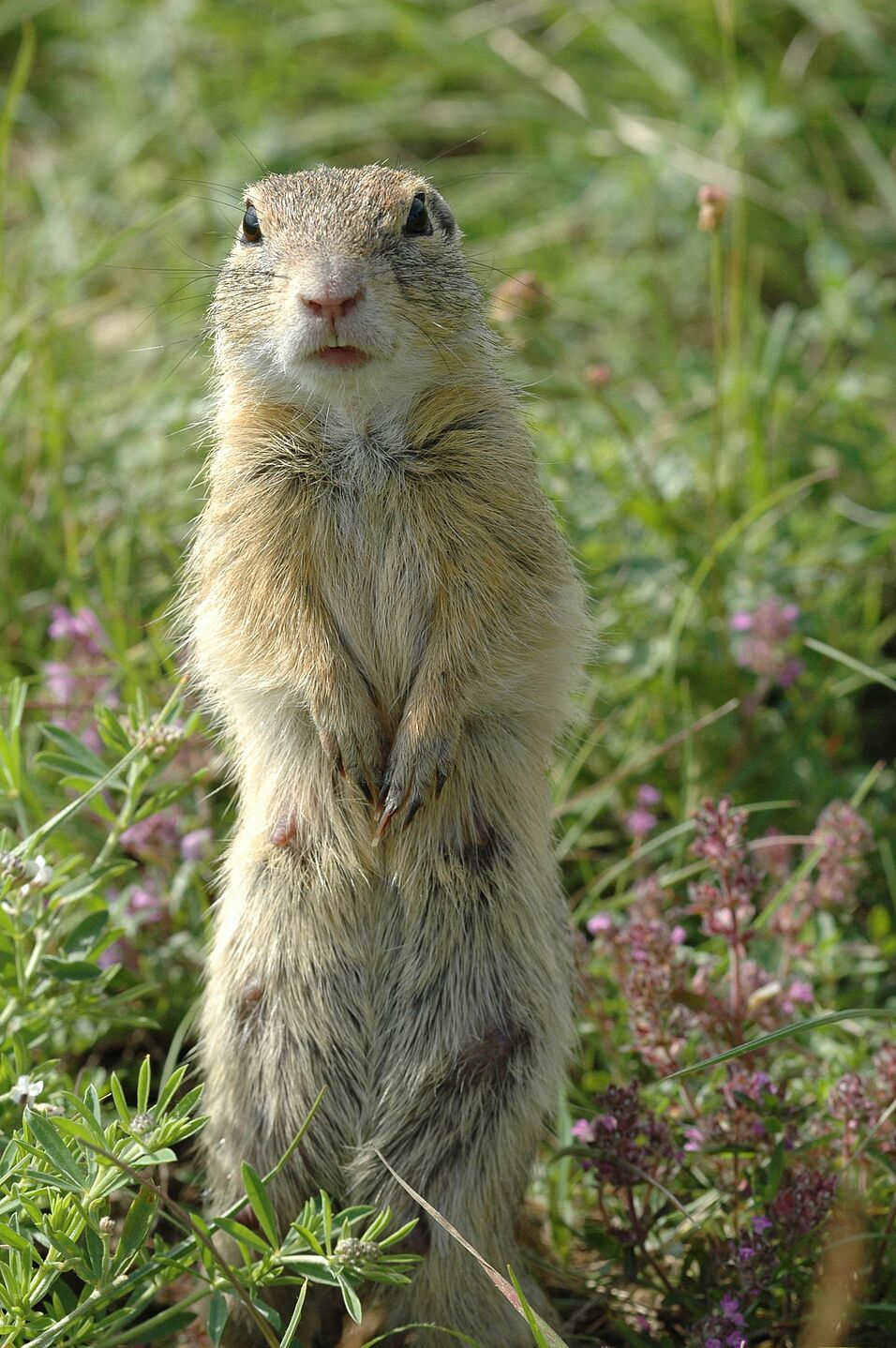Abstract
The European ground squirrel (Spermophilus citellus) is a rodent inhabiting the open grasslands of central and southeastern Europe. The species is endangered, and various conservation activities are being conducted to preserve and improve the populations’ status, especially during the recent years including translocations of individuals. The success of these measures has varied and is potentially strongly influenced by the chronic and acute stress associated with the translocation process itself. This stress load, however, has rarely been investigated in the framework of such conservation projects, neither in translocated nor in resident individuals. To fill this gap, we investigated glucocorticoid metabolite concentrations in translocated ground squirrels and compared these with concentrations in resident animals of a reinforced colony in southeastern Bulgaria. Between 2017 and 2019, we sampled a total of 252 individuals for faecal cortisol metabolite concentrations (FCM). The results showed that FCM decreased after the release in translocated individuals and that the time span after the translocation event was the key variable explaining the decrease. Surprisingly, the FCM levels were higher in the resident ground squirrels than in the translocated individuals throughout the active season and in the following spring. Furthermore, we found no effect of FCM concentrations on dispersal distances or body mass gain in translocated individuals.
Kachamakova, M., Koshev, Y., & Millesi, E. (2020). Resident European ground squirrels exhibit higher stress levels than translocated individuals after conservation reinforcement. Mammalian Biology. https://doi.org/10.1007/s42991-020-00066-2

